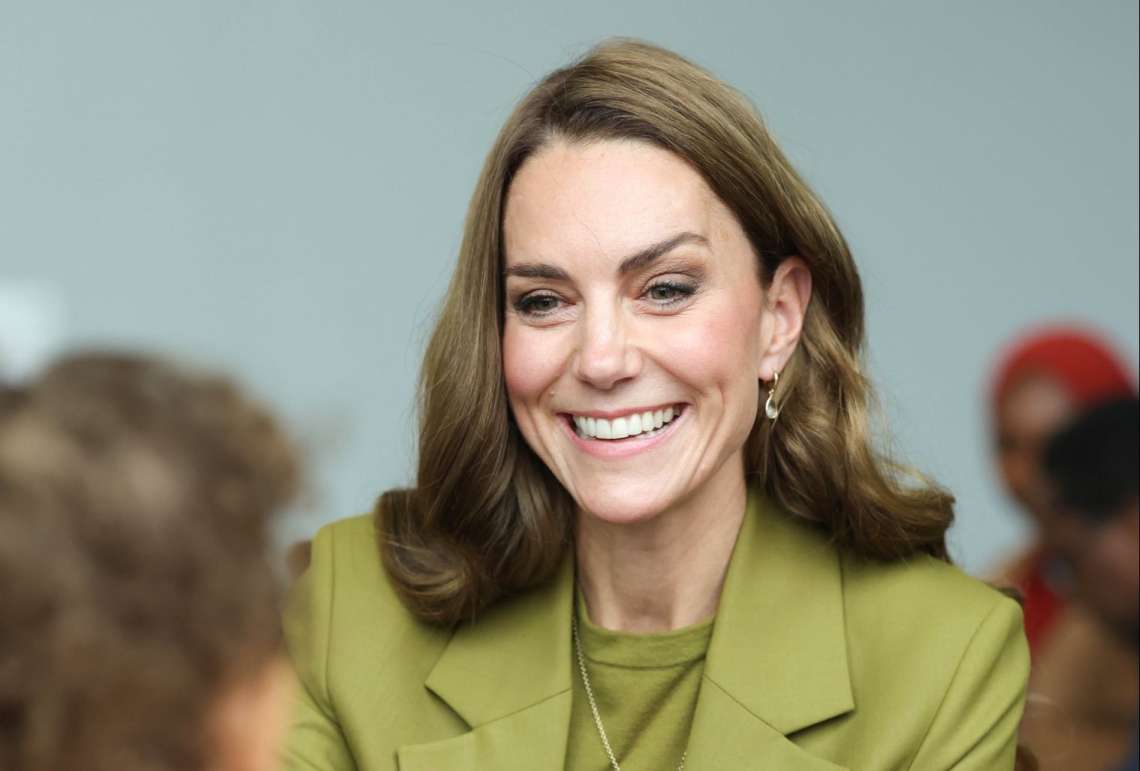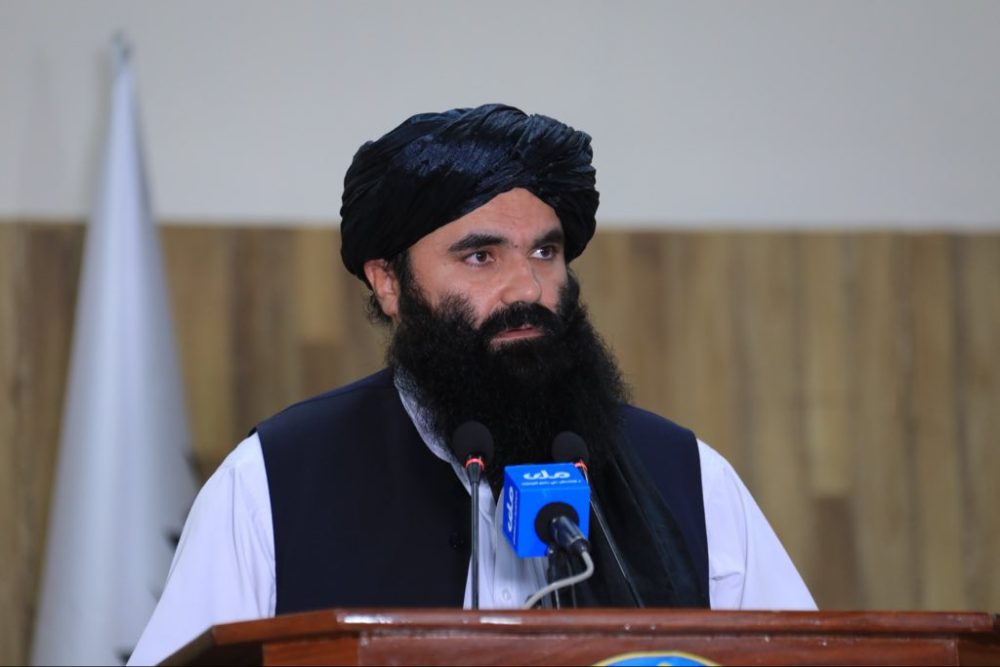Princess of Wales warns of “epidemic of disconnection” as new essay highlights risks of digital devices for family life and childhood development…reports Asian Lite News
The Princess of Wales has warned that smartphones and computer screens are fuelling “an epidemic of disconnection” within families, stressing that undivided attention is the “most precious gift” people can give to one another.
Her words, written in an essay co-authored with a Harvard professor, come ahead of a visit to Oxford, where she is expected to highlight her long-standing campaign on the importance of early years education and support.
In the piece, released by the Royal Foundation Centre for Early Childhood and titled The Power of Human Connection in a Distracted World, Kate wrote: “While new technology has many benefits, we must also acknowledge that it plays a complex and often troubling role in this epidemic of disconnection.”
She continued: “While digital devices promise to keep us connected, they frequently do the opposite. Our smartphones, tablets, and computers have become sources of constant distraction, fragmenting our focus and preventing us from giving others the undivided attention that relationships require.”
Emphasising how technology often intrudes on family life, the princess added: “We sit together in the same room while our minds are scattered across dozens of apps, notifications, and feeds. We’re physically present but mentally absent, unable to fully engage with the people right in front of us. This technological interference strikes at something fundamental: our undivided attention is the most precious gift we can give another person. Yet, increasingly, it’s the most difficult gift to offer.”
The Princess of Wales has made early childhood one of her defining causes, frequently drawing attention to how family dynamics, social pressures, and wider community factors shape children’s wellbeing. This latest intervention links her work on the formative years of life with the pressures created by modern digital culture.
The essay was written with Professor Robert Waldinger of Harvard University, who directs the world’s longest-running study of human happiness. The two first met in 2022 and have since collaborated closely through the Royal Foundation.
Together, they warn that the consequences of a digitally distracted culture extend beyond missed moments at the dinner table. They point to loneliness and isolation as growing public health concerns, especially among young people. “We live increasingly lonelier lives, which research shows is toxic to human health, and it’s our young people (aged 16 to 24) that report being the loneliest of all, the very generation that should be forming the relationships that will sustain them throughout life,” the essay states.
The piece will form part of a wider public engagement as Kate visits Oxford this week to spotlight early childhood programmes and projects. Her Oxford appearance is expected to bring together academics, practitioners and families, underlining her role as a leading royal advocate for children’s wellbeing.
The essay also reflects a theme the Prince and Princess of Wales have both spoken about before: the impact of technology and social media on mental health. Prince William has previously cautioned against the potentially harmful effects of online platforms and, in a recent interview, revealed that their three children – Prince George, Princess Charlotte and Prince Louis – do not yet have mobile phones. He also said the family try to make time for regular dinners together, away from digital distractions.
The couple’s stance aligns with a growing public debate in the UK about screen time, children’s online safety, and the role of technology in shaping childhood experiences. Campaigners and researchers have repeatedly warned of the risks associated with excessive smartphone use, including sleep disruption, anxiety and reduced attention spans.
For the Princess of Wales, framing the discussion around family connection highlights her broader message that human relationships, particularly in the early years, are vital for lifelong wellbeing. Her collaboration with Professor Waldinger, whose research has tracked generations of families for more than eight decades, adds a scientific weight to her royal platform.
The Royal Foundation Centre for Early Childhood, established in 2021, has become the cornerstone of Kate’s work. It aims to raise awareness about how crucial the first five years of life are in shaping a person’s future, and it works with experts across disciplines to develop new initiatives and resources.
This latest essay marks one of the centre’s most direct interventions on the social challenges posed by modern life. While careful not to demonise technology, the princess argues that its pervasive role in everyday routines can erode the very connections it promises to foster. By publishing the piece ahead of her Oxford visit, she sets the stage for renewed debate on how society balances the benefits of digital progress with the essential need for human connection.
For the royal couple, the issue is also personal. In both public comments and private choices, they have sought to shield their children from the immediate pressures of digital culture, while advocating for a broader awareness of its risks.
Kate’s message is clear: in an era of constant notifications, fragmented attention and online distractions, the ability to give undivided focus to loved ones is both rare and essential. Her essay positions this as a challenge not only for families but for society as a whole, as loneliness and disconnection rise across generations.
As she prepares to bring her campaign to Oxford, the Princess of Wales is once again underscoring her belief that the future wellbeing of children and communities depends on rediscovering the simple but vital act of paying attention to one another.














